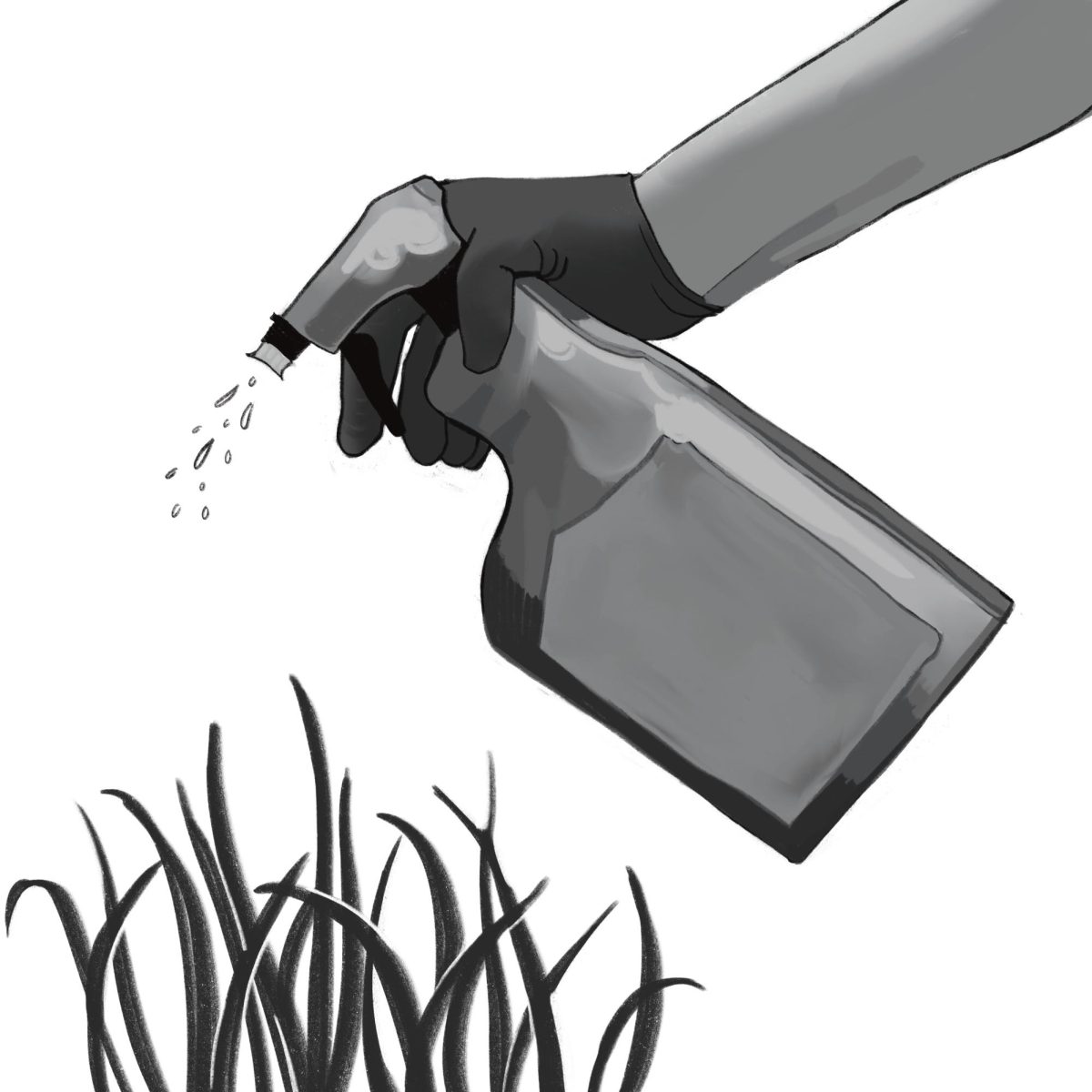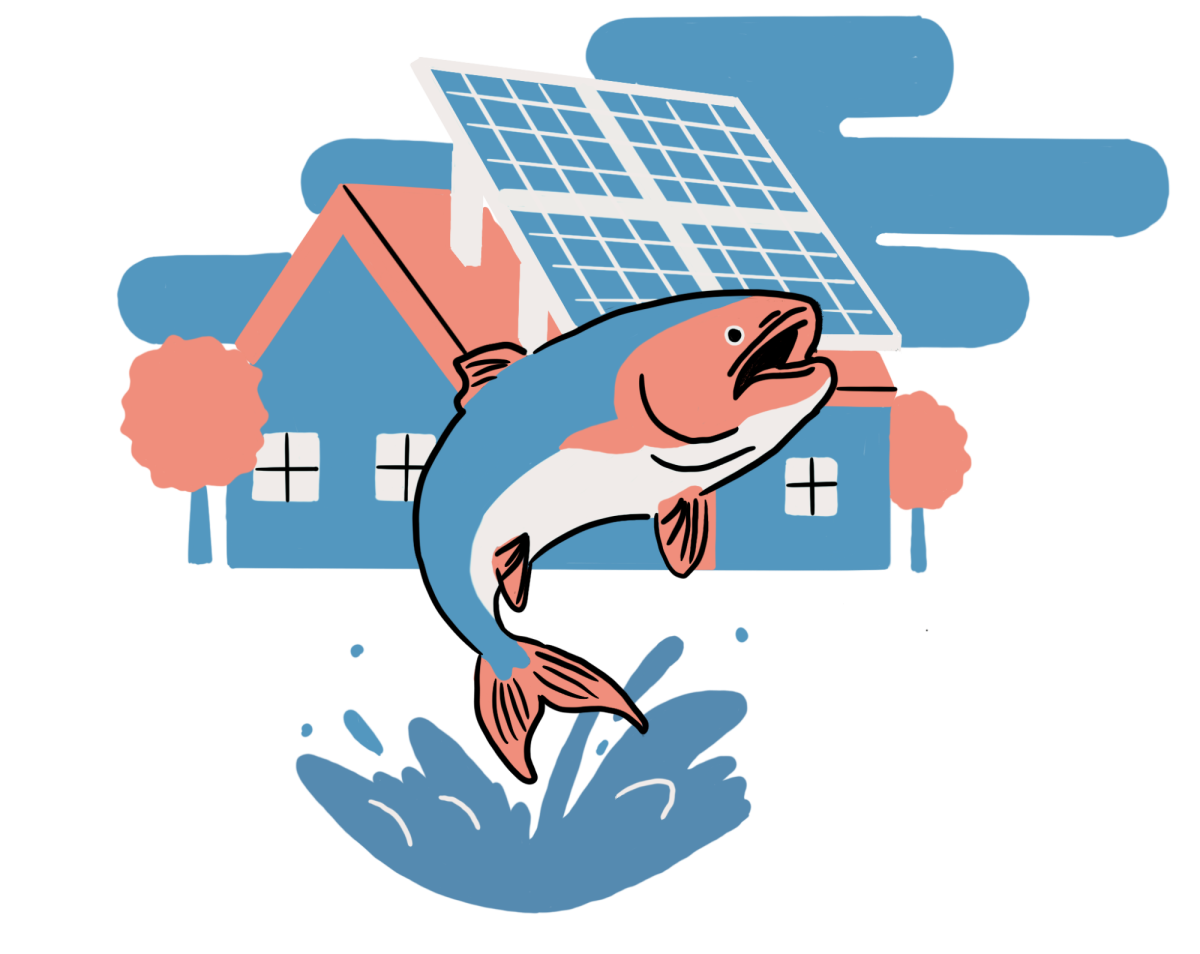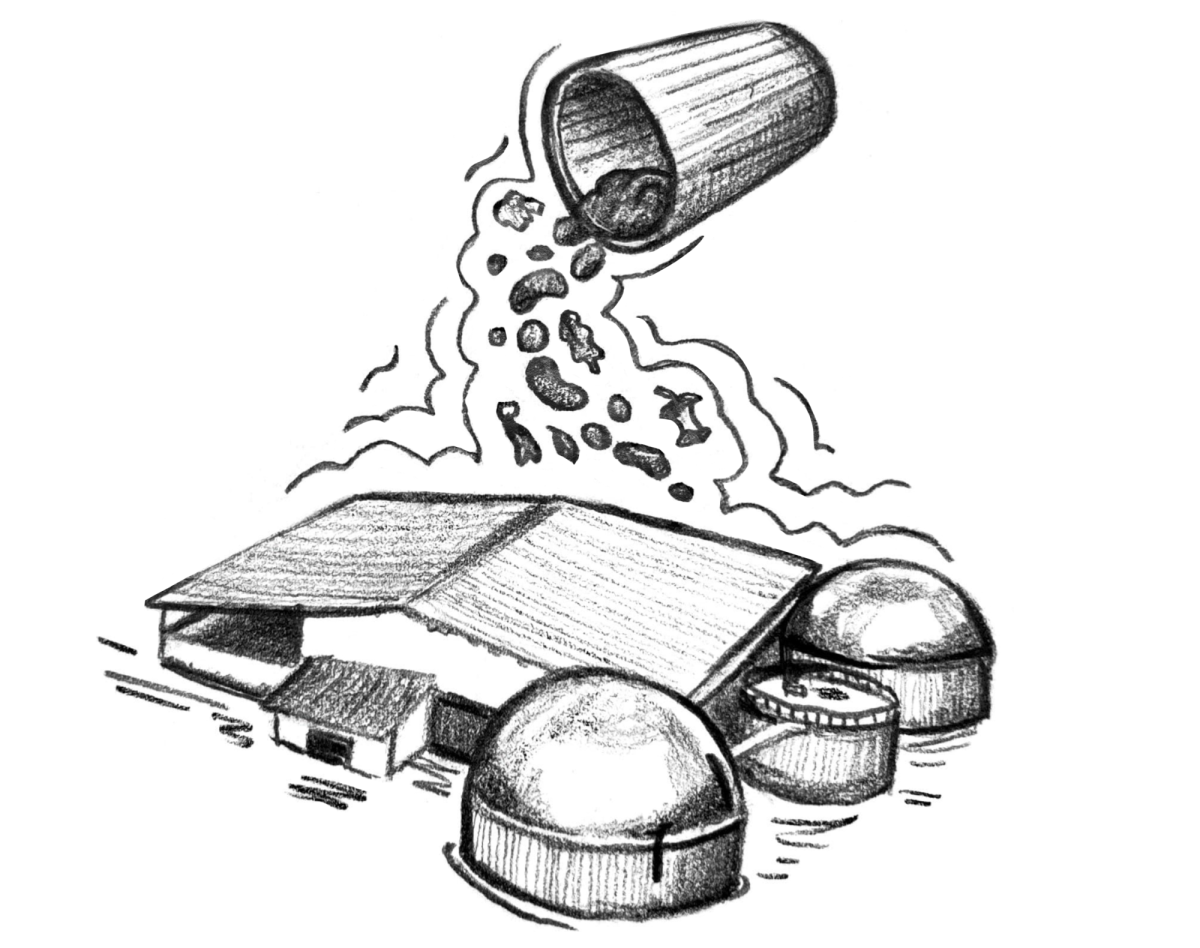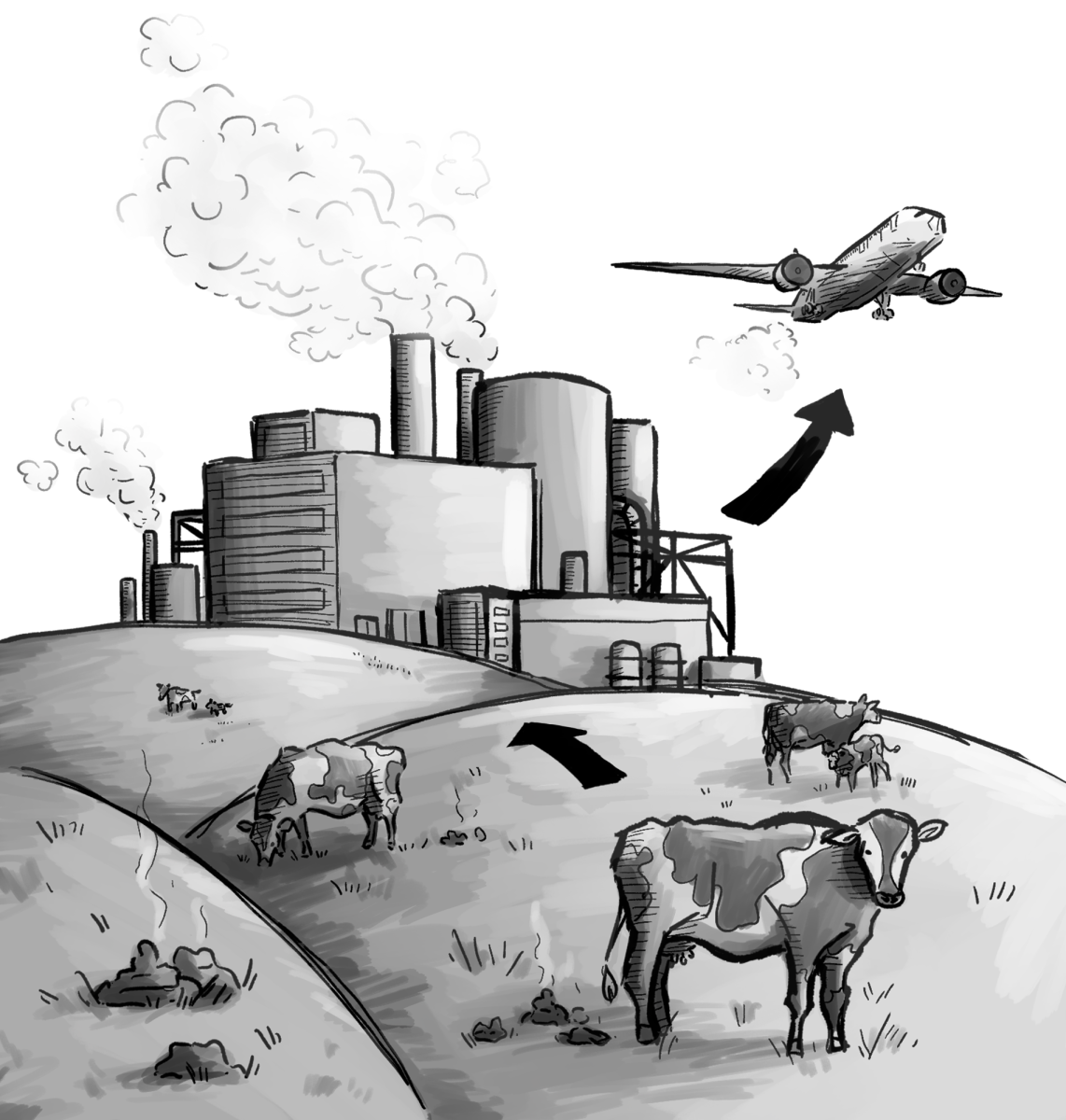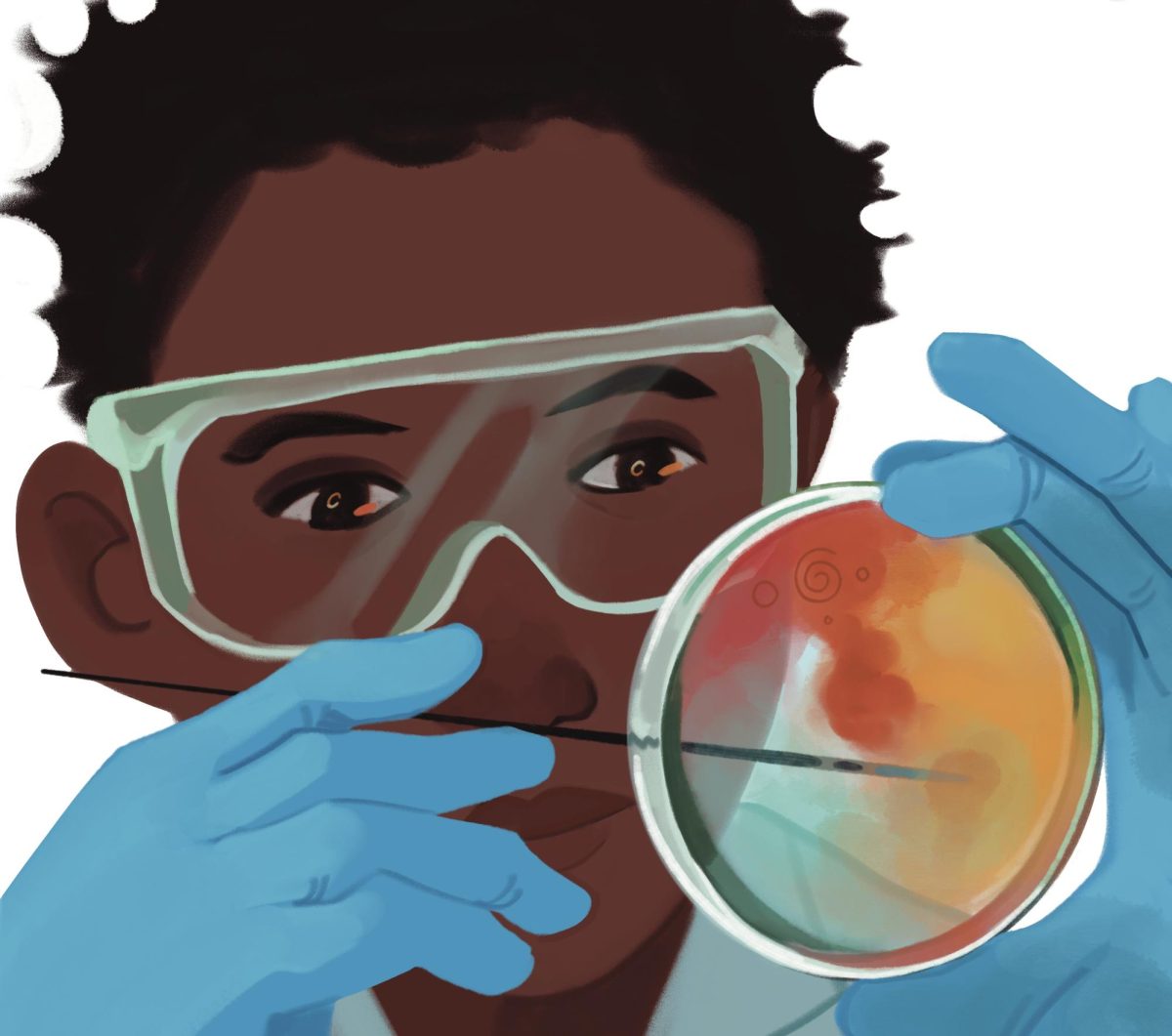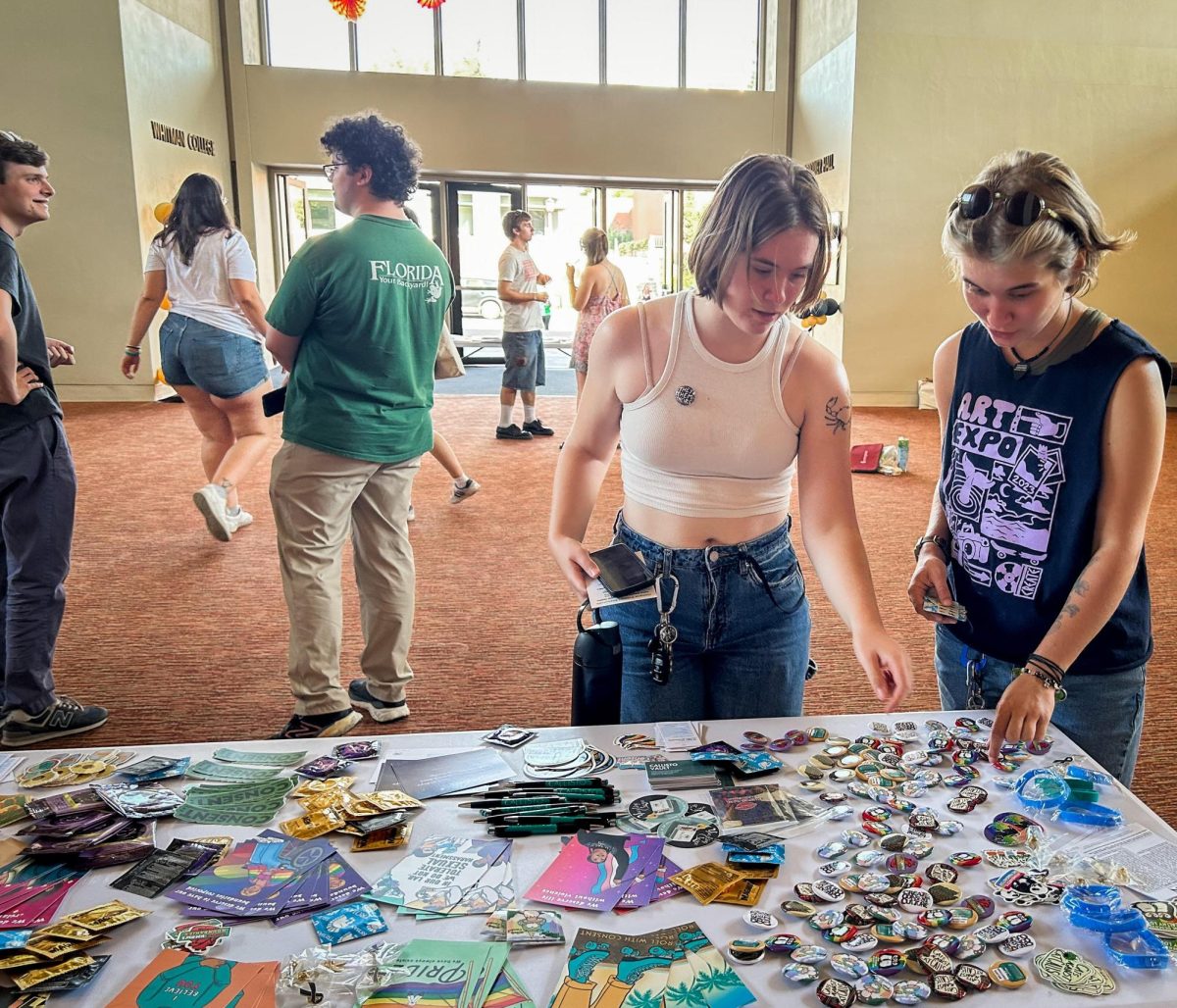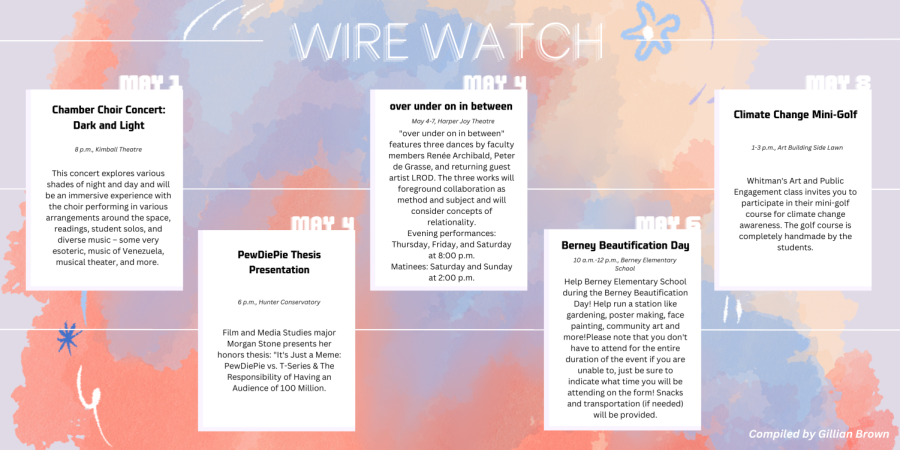A new era of sustainability policy is on the horizon at Whitman College. In collaboration with higher-education sustainability consulting company GreenerU and local firm Cascadia Consulting, Whitman is creating a new Campus Sustainability Plan, also known as a CSP.
The new CSP is acting as an update of Whitman’s 2016 Climate Action Plan, or CAP. Whitman had originally intended on revisiting the CAP every five years, but the COVID-19 pandemic and other factors delayed the update. After introducing a strategic priority targeting sustainability and climate action in 2023 and hiring Sustainability Manager Sarah Williams, the College is ready to jumpstart its sustainability ambitions.
GreenerU’s Project Coordinator Madeline Rawson works with colleges and universities across the country to create CSPs and CAPs. She explained what the difference will be between Whitman’s old plan and the forthcoming sustainability plan.
“Usually, Climate Action Plans are pretty focused on climate and everything is viewed through the lens of climate action. If you’re looking at waste, you’re looking at it not through the lens of trying to reduce or divert waste, you’re looking at how to reduce emissions from waste. So, [a CAP] gives you a narrower scope,” Rawson said. “I personally think that Campus Sustainability Plans can be more general and more inclusive and I think that’s a good thing for schools at this juncture.”
To create a sustainability plan that takes a more holistic approach than its old CAP, the College recognized the need for significant community engagement. According to Rawson, community engagement is one of GreenerU’s strong suits, making them an ideal consulting partner for Whitman.
“We like to make sure that the plan is built from the community up, and that we’re not coming in with no context and telling the school, ‘this is what works for other people so this is what you should do,’” Rawson said.
GreenerU’s manner of building the plan in collaboration with the community involves the creation of working groups that correspond to a CSP’s key themes. Whitman’s CSP will have three themes, each with a set of specific goals: Operations, Outreach & Education and Decarbonization & Resilience. These working groups are made up of students, faculty and staff who have experience or an interest in the respective themes.
Junior Ellen Haney is a member of the Operations working group, where they discuss waste, water use and transportation, among other related issues. For Haney, the community-oriented planning process has been valuable not just for engaging the Whitman community, but also thinking about how the broader Walla Walla community relates to sustainability work on campus.
“One of the things the new CSP is focusing on is being connected to the place we’re in and the people around us, and not just assuming that Whitman can improve on its own,” Haney said. “[For example,] Whitman on its own can’t fix the whole waste system in Walla Walla. We maybe could start on-campus composting, but it would be even better if we could work with the other colleges in Walla Walla or the municipality and combine efforts instead of working through separate pathways.”
Assistant Vice President for Facilities Services Tony Ichsan was encouraged by turnout at campus events and community feedback sessions, especially when a variety of campus stakeholders were represented.
“It is encouraging to see the interest, especially with the working groups, and we had an intentionally broad base of Cabinet members, management faculty, staff and students so that is very encouraging,” Ichsan said. “The plan is only as good as the community that supports it, right?”
Other participants in the working groups have taken the opportunity to dig more into the nuts and bolts of the plan.
HVAC Technician Bill Duncan, a Whitman employee for 25 years, was invited to participate in all three working groups. This is a welcome change for him, as he’s felt left out of past sustainability planning processes. In the past, Duncan’s role has been restricted to application and installation of sustainability projects rather than the development process. He’s relished the opportunity to make his voice heard in the working groups.
“That’s where I throw my two cents in and let it roll,” Duncan said.
Since the time Duncan arrived on campus 25 years ago, he’s been hoping Whitman would update its outdated natural-gas steam heating system to a more efficient, climate-friendly alternative.
“I think we need to do better and to use the resources that we have as best as we can … I would like to see the point where we are not polluting as much,” said Duncan.
For Ichsan, it is important that climate resilience comes to the forefront of this plan. Responding to increases in temperature and seasonal wildfire smoke make updating plans regularly key, as the local climate is rapidly changing.
“Some of these things are here to stay, and they’re very different than even five years ago, let alone 10-15 years ago,” Ichsan said.
Being able to participate in the planning process and not just the implementation process allows people like Duncan, who will be the ones installing the systems needed to decarbonize campus, to express their concerns in addition to their excitement.
“I’m concerned about Washington [State’s] anti-gas movement, and the College has sort of jumped on that … If you’re going to electrify everything, we’ve got to figure out where this power is going to come from. There’s just not magic power out there,” Duncan said.
Apprehensiveness about Whitman’s potential pivot away from natural gas are not the only concerns the Whitman community has about the plan.
Some students who attended the student listening sessions offered on Feb. 20 and 21 had difficulty understanding the language used in the draft goals. Feedback concerned with the inaccessibility of the language was unexpected, particularly because Rawson had spent significant energy trying to ensure the goals were easy to understand for everyone.
“You always learn new things, and one thing that came up a few times is that waste diversion is seen as a very jargony term. There’s not really another way to say that, but we’re going to define it in the plan so that it’s very clear what [waste diversion] means,” Rawson said.
Another challenge that students face is balancing the relatively short time they spend at Whitman in the context of a plan that looks toward the next 25 years.
For Haney, the ambitious targets being set for distant years signify the absolute latest that Whitman should be achieving some of its goals.
“I think we have a lot of goals [with targets] by 2030. Where I’m coming from, it’s like, ‘OK, that’s like the last deadline’. Things need to be starting to happen now. With some of the goals, that [urgency] was there, while some of [them] weren’t quite strong enough for me,” Haney said.
Maintaining momentum for the CSP and its vision for the future will be important as the plan is finalized and eventually officially adopted by the Board of Trustees. Rawson’s goal is to deliver the finalized plan to Whitman by the end of the semester so it can be approved by the President’s Cabinet, with the Trustees approving the plan at a meeting this fall.
Once the plan is approved, the responsibility for following through on its vision rests with the Whitman community. Duncan is excited to get to work on enacting the changes he’s been hoping to see for years.
“I want to see something happening, even if you’re taking baby steps to get there. I’d like to see [students] in 20 years when they’re here for a reunion come back and say, ‘I remember when we talked about that.’ So hopefully that’s what we’re gonna do,” Duncan said.
Haney agreed.
“Whitman is the place where I started to care a lot about these things, and so it would feel like the fulfillment of Whitman as an institution to actually be realizing the things we’ve been learning about and talking about,” Haney said.
The Whitman community has put an intense amount of energy into engaging with the formation of the plan. Building on that energy towards the fulfillment of Whitman’s sustainability goals and strategic priorities is tantamount to the future of the college.

